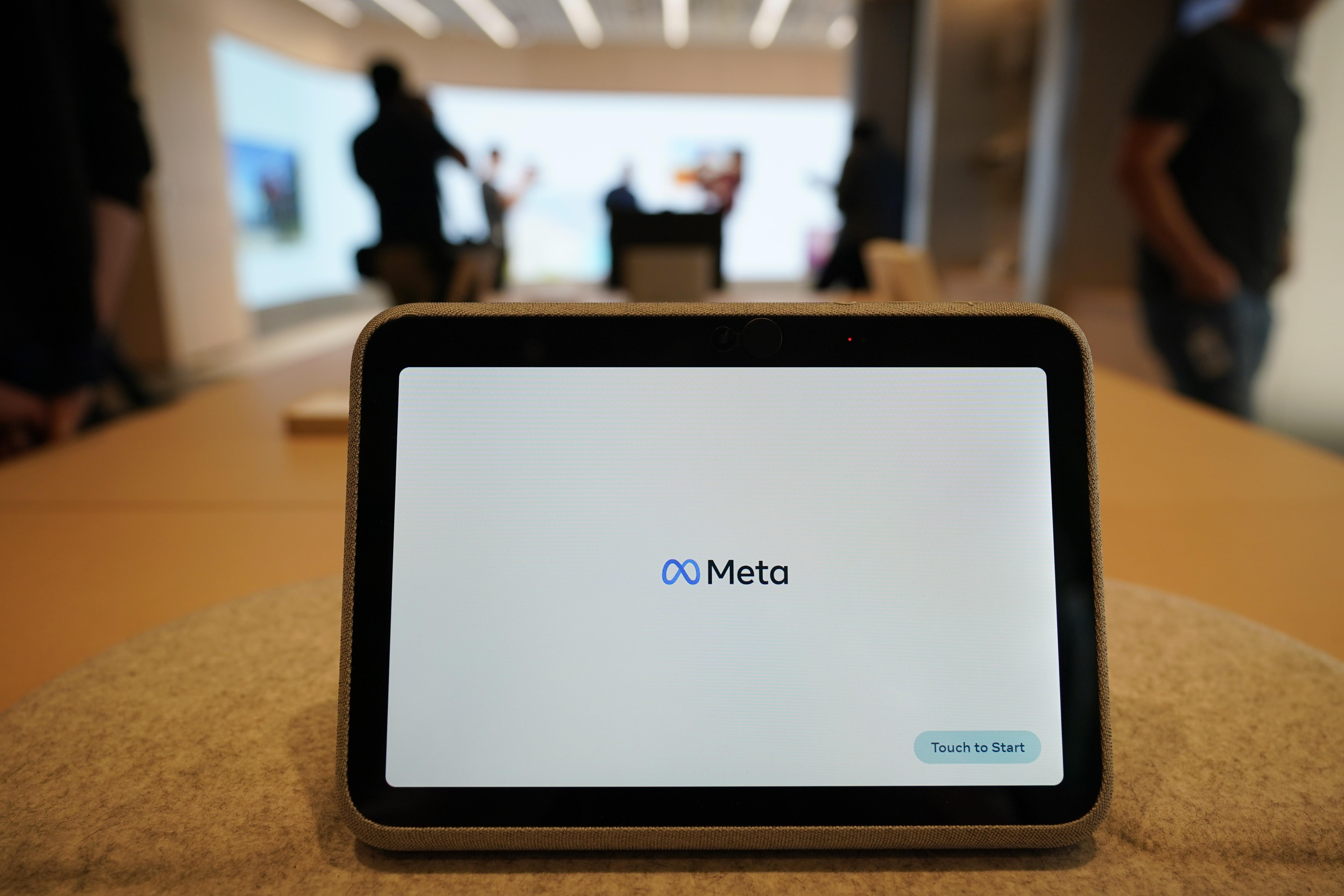 A Meta Portal Go is displayed during a preview of the Meta Store in Burlingame, California, on May 4, 2022. (PHOTO / AP)
A Meta Portal Go is displayed during a preview of the Meta Store in Burlingame, California, on May 4, 2022. (PHOTO / AP)
SYDNEY - Meta's oversight board said on Friday it will examine two cases on how the social media giant handled potentially misleading posts that were shared ahead of the Australian referendum on Indigenous recognition in October last year.
The board, which is funded by Meta but run independently, said the cases were selected to assess Meta's content moderation policies on false or misleading voting information and voter fraud.
Australians in October last year decisively rejected a proposal to constitutionally recognize Aboriginal and Torres Strait Island people. The vote was held amid a deeply divisive debate in the country, and amid fears that a misinformation campaign was influencing voters.
In both cases, Meta proactively identified the posts, which were automatically sent for human review, the board said, adding that following human review, the posts were both removed
The board said two Facebook users separately posted screenshots showing partial information shared by the Australian Electoral Commission (AEC) on X (formerly Twitter).
ALSO READ: Australia welcomes return of Indigenous remains from US
The board said screenshots from the AEC posted by the Facebook users included the following language: “If someone votes at two different polling places within their electorate, and places their formal vote in the ballot box at each polling place, their vote is counted.”
They also show another comment that the secrecy of the ballot prevents the AEC from “knowing which ballot paper belongs to which person.”
READ MORE: Referendum's no poses setback for Australia's indigenous people
However, the screenshots did not show that voting multiple times is an offense in Australia, the board said.
The first Facebook user shared the screenshot with the accompanying caption: “Vote early, vote often, and vote NO.” The second user posted the same screenshot saying: “so you can vote multiple times … they are setting us up for a ‘rigging’ … smash the voting centers… it’s a No, No, No, No, No.”
In both cases, Meta proactively identified the posts, which were automatically sent for human review, the board said, adding that following human review, the posts were both removed.
READ MORE: Aussie PM takes share of blame for referendum failure
Both users appealed Meta's decision to remove their posts. In their statements to the board, both users claimed they were posting content from the AEC.
The board said these cases fall within its strategic priority of Elections and Civic Space.
As part of its decisions, the Board can issue policy recommendations to Meta. While recommendations are not binding, Meta must respond to them within 60 days.
There will be more scrutiny on social media firms this year as countries making up more than half of the world's population hold elections, including the US, India and Russia. Social media platforms such as Facebook and X have become more popular platforms for election campaigns around the world.



